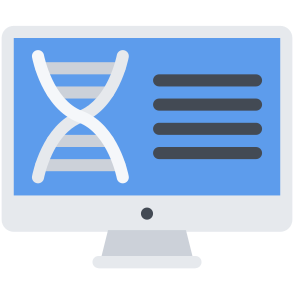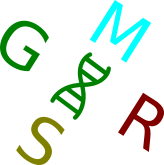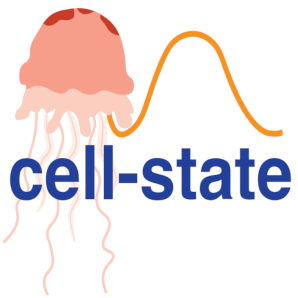
GCTA (Genome-wide Complex Trait Analysis) is a software package, which was initially developed to estimate the proportion of phenotypic variance explained by all genome-wide SNPs for a complex trait but has been extensively extended for many other analyses of GWAS data.

SMR is a software tool that implements the SMR & HEIDI methods to test for pleiotropic association between a molecular phenotype (e.g., gene expression level) and a complex trait of interest using summary-level data from GWAS and xQTL studies.

GSMR is A R-package which implements the GSMR (Generalised Summary-data-based Mendelian Randomisation) method to test for putative causal association between a risk factor and a disease using GWAS summary statistics.

OSCA (OmicS-data-based Complex trait Analysis) is a sister tool of GCTA, developed for estimating the proportion of phenotypic variance captured by genome-wide measures of a molecular phenotype (e.g., all DNA methylation probes), LMM-based omics-wide association analysis, and xQTL mapping analysis, etc.

DENTIST (Detecting Errors iN analyses of summary staTISTics) is a quality control tool for GWAS summary data. It can detect errors in either the GWAS or LD reference data and heterogeneity between the GWAS and LD reference samples.

THISTLE (testing for heterogeneity between isoform-eQTL effects) is a transcript-based splicing QTL (sQTL) mapping method that uses either individual-level genotype and RNA-seq data or summary-level isoform-eQTL data.

MeDuSA (MixEd model-based DeconvolUtion of cell-Sate Abundances) is a cellular deconvolution method that utilizes scRNA-seq data as a reference to estimate cell-state abundance in bulk RNA-seq data. The method employs a linear mixed model (LMM), which fits a cell state in question (either a single cell or the mean of multiple cells) as a fixed effect, while the remaining individual cells of the same cell type as random effects, accounting for the correlations between cells.

OPERA (Omics PlEiotRopic Association) is a software tool for testing the combinatorial pleiotropic associations between multiple molecular phenotypes and a complex trait of interest, using summary-level data from GWAS and molecular QTL studies. It can be used to prioritize molecular phenotypes that mediate the genetic effects for a complex trait and provide further mechanistic interpretation of the GWAS signals.